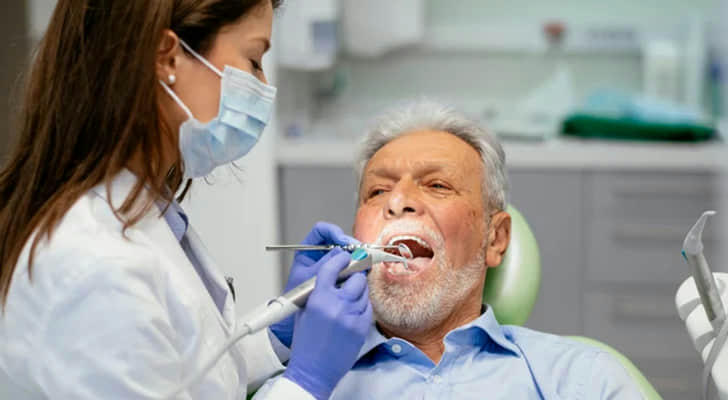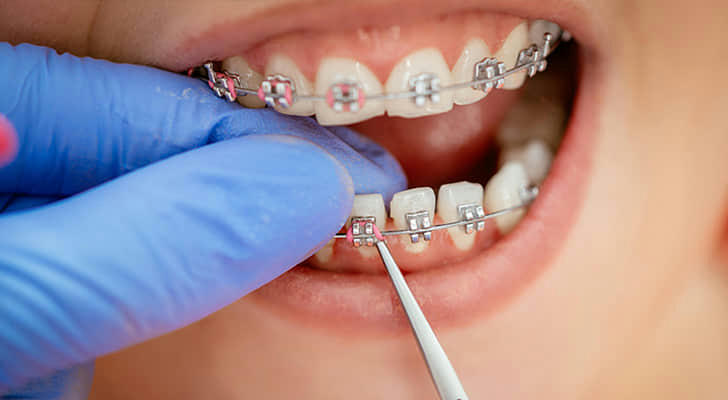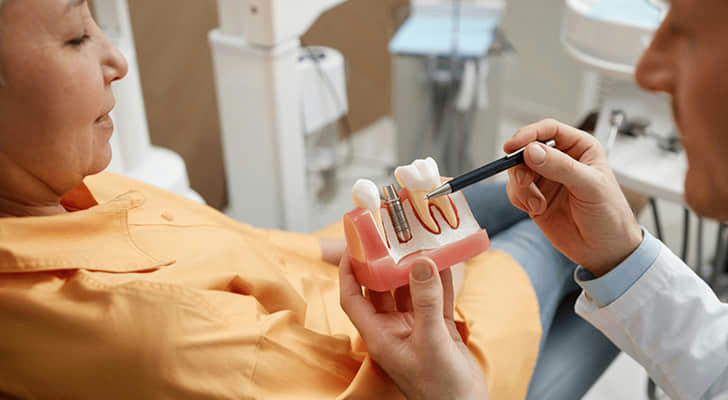Can Dental Treatments Be Covered by Your Health Insurance?
Dental health is a vital component of our overall well-being, yet it often gets sidelined in traditional health insurance plans. Many people find themselves in the dark about whether their health insurance covers dental treatments, especially given the sometimes hefty costs associated with dental care. Understanding the specifics of your health insurance in relation to dental coverage can significantly impact how you manage your healthcare budget.
In this exploration, we'll delve into the various options available and shed light on how dental coverage works within health insurance plans in India. This information aims to help you make informed decisions about your health insurance so you can ensure you have the coverage you need for your dental health.

Basics of Health Insurance Plans
In India, health insurance plans are designed to cover a wide array of medical expenses. This typically includes hospitalization, surgeries, consultations, and medications. However, dental care is not always included in these standard plans. If you're specifically interested in dental coverage, it's crucial to scrutinize your health insurance policy thoroughly. Reach out to your insurer or insurance agent to understand precisely what dental treatments are covered and under what conditions.
Dental Coverage
Not all dental treatments are automatically covered under every health insurance plan. Coverage can vary significantly depending on the specifics of the plan and the insurance provider. Here's a breakdown of common dental treatments and their typical coverage:
Routine Check-ups:
Routine dental check-ups are essential for maintaining oral health. They help catch potential issues early and prevent more serious problems from developing. Some health insurance plans include coverage for annual dental examinations, which means you can monitor your dental health without additional out-of-pocket expenses.
Cleanings and Scaling:
Professional dental cleanings and scaling are crucial for preventing gum disease and keeping your teeth in good condition. These procedures remove plaque and tartar buildup that brushing alone cannot tackle. Check whether your policy includes coverage for these cleanings, as they play a significant role in long-term oral health.
Fillings:
Fillings are necessary when cavities occur. They restore the function and shape of the tooth affected by decay. Some health insurance plans offer coverage for fillings, but the extent of this coverage can vary. It's important to be aware of any limits or co-pays associated with filling procedures.
Root Canal Treatment:
A root canal is often needed when a tooth becomes severely decayed or infected. This procedure is essential for saving the tooth and preventing further complications. While some health insurance plans do cover root canal treatments, verifying this coverage in advance is a good practice to avoid unexpected costs.
Extractions:
Whether it's a wisdom tooth or another problematic tooth, extractions can be necessary. Coverage for extractions can differ among plans. Some policies might cover extractions fully, while others might have specific limitations or requirements. Understanding these details will help you plan for any potential dental extractions.
Orthodontic Treatments:
Orthodontic treatments, such as braces, are generally not covered under standard health insurance plans. These treatments are often considered elective or cosmetic. However, some standalone dental plans may offer orthodontic coverage. If braces or other orthodontic work is needed, you might need to look into separate dental insurance plans or add-ons.

Standalone Dental Insurance Plans
For those who want comprehensive dental coverage, standalone dental insurance plans are worth considering. These plans are specifically designed to cover a broad range of dental services and often provide more extensive benefits than standard health insurance plans. Here's why you might want to explore standalone dental plans:
Comprehensive Coverage:
Standalone dental insurance plans typically cover a wide range of services, including routine check-ups, cleanings, fillings, extractions, and even orthodontic treatments. This means you can have peace of mind knowing that most of your dental needs are covered under one plan.
Customization:
These plans offer flexibility, allowing you to choose coverage that aligns with your specific dental needs. Whether you need preventive care, restorative treatments, or orthodontics, standalone plans can be tailored to fit your requirements. This customization ensures you get the most relevant benefits for your situation.
No Waiting Periods:
Many standalone dental plans come with minimal or no waiting periods, meaning you can start using your benefits almost immediately. This is particularly advantageous if you need dental care soon after purchasing the plan, as it reduces the time you have to wait before accessing the coverage you've paid for.
Does Insurance Cover Dental Implants?
Dental implants are a popular solution for missing teeth, but they can be quite costly. Unfortunately, most standard health insurance plans do not cover dental implants. However, there are options available for those seeking coverage for this procedure. Specialized dental insurance plans or add-ons to existing health policies may offer coverage for dental implants. By exploring these specialized plans, you can manage the costs associated with implants and make this important dental treatment more affordable.

Conclusion
While traditional health insurance plans might offer limited dental coverage, standalone dental insurance plans provide a more comprehensive approach to oral health. These plans cover a wide range of dental services, from routine check-ups to major treatments, offering a more complete solution for your dental needs.
Maintaining good oral health is crucial, and having the right insurance coverage can make a significant difference when unexpected dental issues arise. By choosing the right plan, you can ensure that you are well-protected against potential dental expenses and can focus on keeping your smile healthy and bright.
